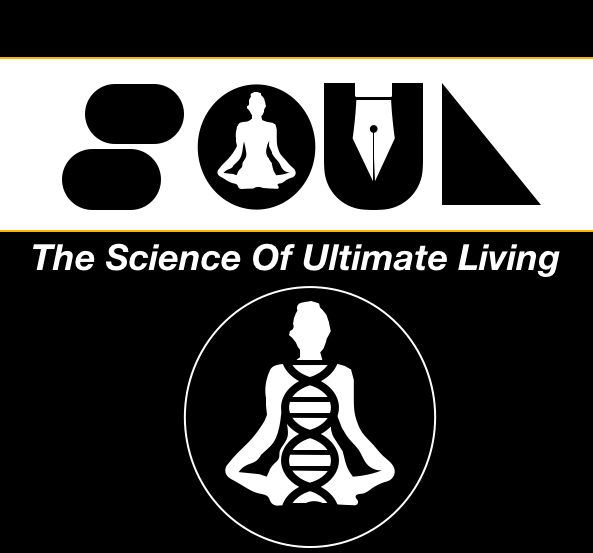
Our habits create our identity. Our brain is plastic, which means that our actions can change it. This amazing ability of our brain is called Neuroplasticity. Our brain is not like computers. The memories that we have in our brain alter over time. Every time we recall a past memory it gets renewed based on our current emotional state.
Every time we recall a past memory it gets renewed based on our current emotional state.
A recent publication by Horvath et al. (2020) investigates how addiction to smartphones changes our brain structure. Though the sample size of the study is limited, it makes some interesting inferences. Those with smartphone addiction, or SPA, tend to have lower grey matter volume in the insula and temporal cortex. They also show reduced ‘resting-state’ activity of the anterior cingulate cortex, which in turn can adversely influence decision making, social interactions and empathy. This is an example of repeated unconscious negative behaviour that not only leads to addiction but, since it is changing our brain, also influences other aspects of our personality. SPA isolates individuals and decreases their ability to empathise with others. This might cause social isolation and depression.
Another interesting study was done way back in 2000 on taxi drivers of London. The MRI scan of their brain revealed that the taxi drivers had larger posterior hippocampi than the control group who did not drive a taxi. This is significant because the hippocampus is that part of the brain responsible for spatial memory, something the taxi drivers use more than anyone else. That is the reason why the more experience they get the better they become. This is an example of a positive habit. If you want to develop a skill, practice hard and turn your practice into a habit.
So, it is possible to alter your brain by visualising a particular outcome or goal repeatedly.
The way we act and think results in new neural connections (neurogenesis) in the brain which in turn governs our behaviour. It is a feedback loop. So, it is possible to alter your brain by visualising a particular outcome or goal repeatedly. Positive thoughts make you more positive and increase the likelihood of the outcome that you seek through the placebo effect. Similarly, negative thoughts can take you into a downward spiral resulting in depression. Such behaviour is commonly seen in patients who have negative expectations from a treatment resulting in poor recovery. This effect is called Nocebo (which means I shall harm) effect.
Brain’s ability to adapt and alter is faster in children. Exposure to childhood violence can result in long-lasting behavioural issues in later life. Such individuals are more likely to abuse children as adults. This happens because they have excessive growth of amygdala when they were children which makes them take impulsive decisions. The frontal cortex inhibits the amygdala from such negative actions. Unfortunately, the frontal cortex of such individuals is also underdeveloped. Children must grow up in a positive environment to enjoy a happy life in the future.
Children must grow up in a positive environment to enjoy a happy life in the future.
According to Indian philosophy, actions leave behind mental impressions in our minds, called samskara. Samskara affects our future actions and thoughts. That is Karma. By building the right habits it is possible to create the right memories and develop the right mini-programs in our brain that can make us happy and successful. Building wrong habits can lead to the path of self-sabotage. Our habits create our identity.
Also Check Out: 5 Questions of the Inquisitive Apes
“Engaging and entertaining, this page-turner is remarkable in its narration and will give you a new perspective on various aspects of life. Wellresearched and heartfelt, the encouraging tone throughout the book tries to motivate towards a happier life.” – Times of India

Link: https://www.amazon.in/Questions-Inquisitive-Ape-Subhrashis-Adhikari/dp/9387022552/ref=sr_1_1?keywords=subhrashis&qid=1570535712&sr=8-1



